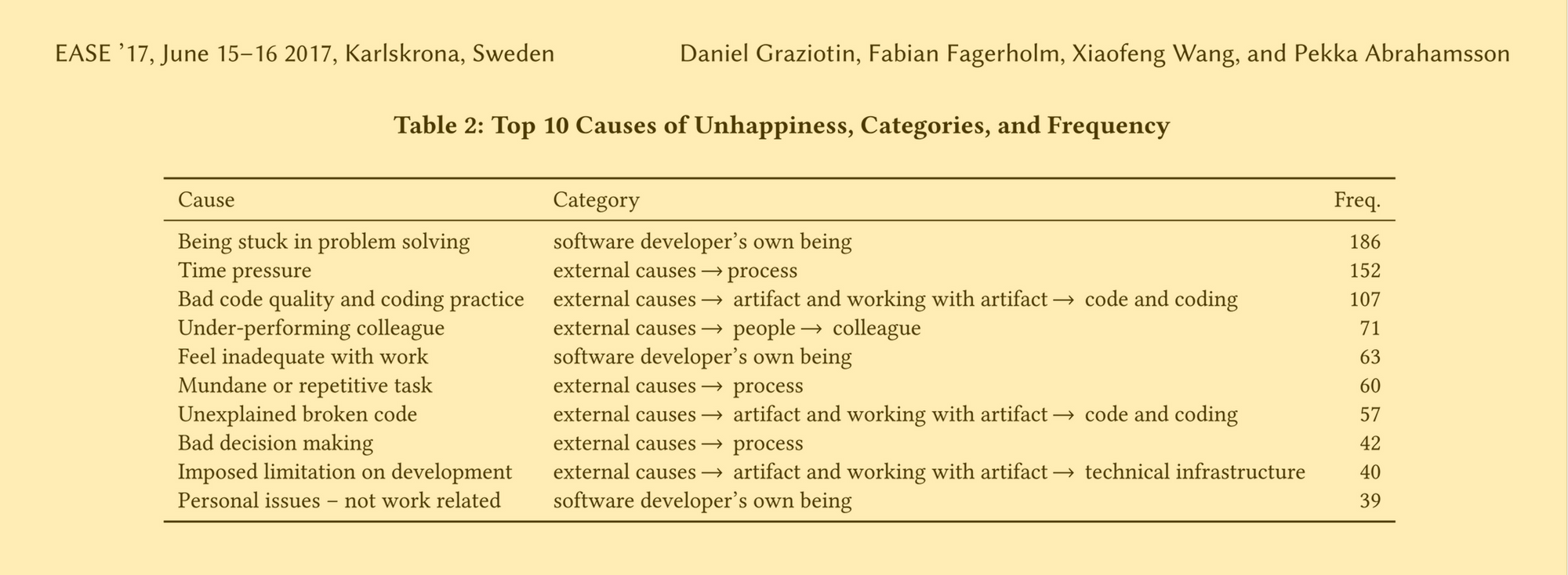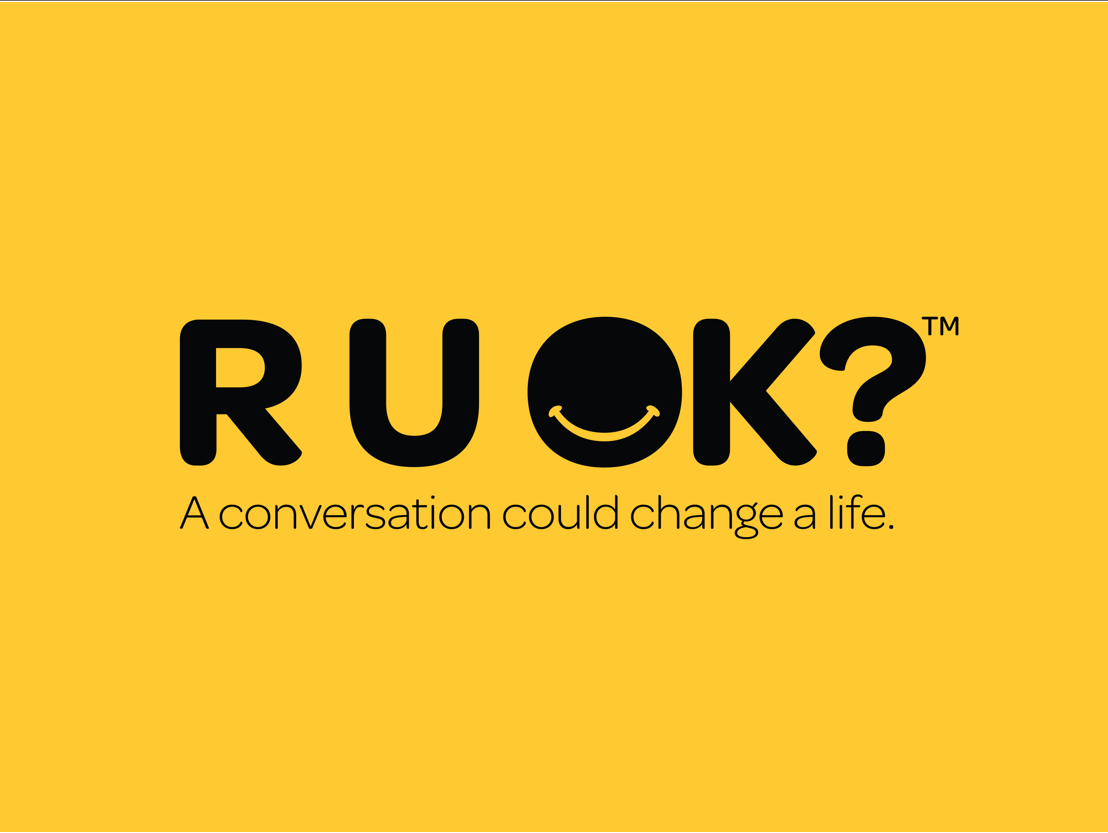Fear is just the background noise of the human condition. We all have it. We can't escape it, but it needn't define us. It doesn't matter because despite it, alongside it and within it, you are also good enough."
- Sandi Metz
We spend so much of our lives at work with our colleagues. Some call it a second family. Without the support of my work family, I wouldn't be successful in my role in these difficult times … but we'll talk more about that soon!
Before we continue, I hope as you read this you are safe and well, where ever you are. I'm in Melbourne, Australia amidst a Stage 4 lock-down. While I'm happy to do my little bit by staying indoors, this isolation has certainly been challenging. Challenging both physically & emotionally.
It has also revealed an interesting pattern … well for me at least.
I noticed that the delineation between work & personal life began to blur as weeks of mandatory work-from-home turned into months. At the beginning, I was really excited to re-purpose the extra time I would save commuting by exercising or eating healthier home cooked meals. But as time has passed, my work day kept on growing.
Which brings me back to my first point. If we spend all this time with our work family; and with the work-from-home restrictions in place, if our day just got longer, then how has that affected us? affected our priorities? affected our productivity? affected our communications? affected our relationships? affected our team dynamics?
I hope by the end of this post, you have some tips and tricks that you can use to help yourself or your team to thrive despite all odds.
Our problems aren't new
There's a study about it! Researchers in 2017 surveyed software developers to calculate the distribution of unhappiness throughout the profession, and to identify its top causes. They titled their findings "On the Unhappiness of Software Developers".
After harvesting 456,283 email addresses from github, the researchers contacted 33,200 individuals to solicit their responses. Of these, 1,318 responded & the team identified 219 causes of unhappiness. These stood out as the top 10 reasons for unhappiness.

Solutions are well researched too
We've heard people say "The whole is greater than the sum of its parts". I recently read an atlassian blog on teamwork which stated that Teamwork can make you happy. It made me also reflect on the fact that disfunctional teams can make a bad situation worse. Throw in a once-in-a-century pandemic & its a recipe for disaster.
In 2012, Google embarked on an initiative — code-named Project Aristotle — to study hundreds of Google’s teams and figure out why some stumbled while others soared. After analysing 180 teams across engineering & sales for nearly years, the research team struggled to find patterns when looking at "who".
"We had lots of data, but there was nothing showing that a mix of specific personality types or skills or backgrounds made any difference. The
whopart of the equation didn’t seem to matter."
- Abeer Dubey, a manager in Google’s People Analytics division
What Google Learned From its Quest to Build the Perfect Team was that effective teams have some common traits / unwritten rules:
Dependability: Get quality work done on timeStructure & Clarity: Clear roles & goalsMeaning: Work is personally important to the team membersImpact: Team members think that their work matters & creates change.
The most important trait by far, more important than the ones listed above was Psychological safety: Do the team members feel safe to take risks & be vulnerable in front of each other. It boils down to the emotional intelligence of teams.
Does the team feel that they won't be embarassed or punised for speaking up.
"As long as everyone got a chance to talk, the team did well. But if only one person or a small group spoke all the time, the collective intelligence declined."
- Abeer Dubey, a manager in Google’s People Analytics division
Psychological safety also touches on average social sensitivity — a fancy way of saying the team is skilled at intuiting how others feel based on the team member's tone of voice, expressions and other nonverbal cues.
If you want to gauge your team's effectiveness, here's a sampling of improvement indicators & guiding questions.
Tomorrow for R-U-OK day, at Panviva we'll be running some team discussions to – Find simple easy coping mechanisms to mental health & safety (What is your one thing?)
– Try and learn something about yourself & your colleagues
– Discuss Stress in the workplace
– Explore ways to help a stressed workmate
I'll endeavour to share our findings over the next few days & possibly see if there are easy, simple, portable solutions that might help others identify & solve similar problems.
I've been having a tough day. A tough month actually & learning more from Sandi Metz's talk "You are insufficiently persuasive" made me feel a lot better. I don't know if you'll ever read this Sandi but thank you very much.
I loved these easy take-aways:
- the importance of trust & respect within a team
- the importance of ensuring the members of the team feel safe in being themselves.
- the fact that making my team safe starts with me.
- the fact that words matter; words about the past are often about blame and should probably be avoided. Words about the future, about solutions are about corrective actions.
- when faced with conflict its ok to hold a strong opinion but they should be weakly held
- have an identity by keep it small
- don't confine yourself to your consistency with the past
And you're right. At times things get difficult & its important to remind oneself that ...
"You're not your code! You're not your past! You're not your parents! And you're not responsible for everything! And when you're at an impass & can't come to an agreement, when you really analyse it, it boils down to fear. Fear is just the background noise of the human condition. We all have it. We can't escape it, but it needn't define us. It doesn't matter because despite it, alongside it and within it, you are also good enough." - Sandi Metz
Finally, before I leave you for today, seeing that its R-U-OK day, I hope you'll reach out to your colleague, your second family, the people with who you spend a considerable part of your day and ask...
R you ok?. A conversation really could change a life!
You'll find these useful ...










